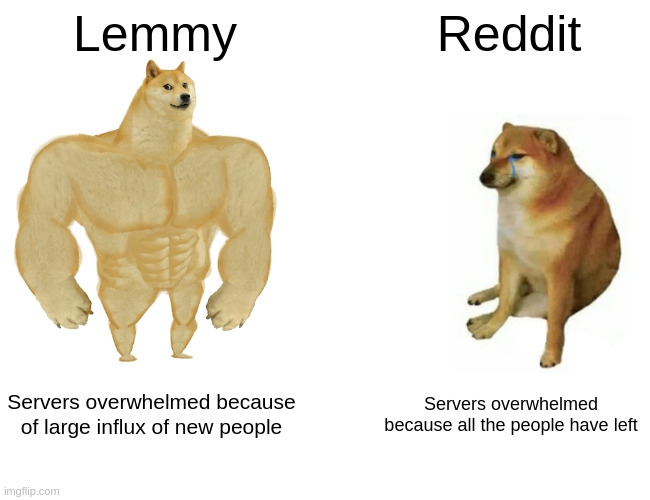If you want to find solutions online, stop using Google.
Sometimes I post stuff to my blog about things that I could not find a satisfying solution to and where I had to figure one out myself. I post those things because I want it to be discoverable by the next person who is searching for it.
I did a quick test, and my posts don't show up anywhere on Google. I can find them via Kagi, DuckDuckGo, and even Bing. But Google doesn't show my stuff, even when hitting specific keywords that only my post talks about. And if my site even shows up, it is only about +6 months after I posted.
Even tried their search console thing, it doesn't report any issues with my site. So it must be the lack of ads, cookies, and AI generated content which makes Google suspicious of it.
So, If you are an engineer looking for solutions to your problems online, just stop using Google. It's become so utterly useless, it's ridiculous. Of course you will miss all the cool AI features and scam ads, but there's always some drawbacks.
Reposting my post from Mastodon yesterday, it felt relevant. https://infosec.exchange/@hertg/112989703628721677

Yeah, I have not once seen anything of value in their "alternatives", they always show the weirdest shit that has nothing in common with the other. It's been in my Kagi block list from the very beginning, I don't miss those results one bit.